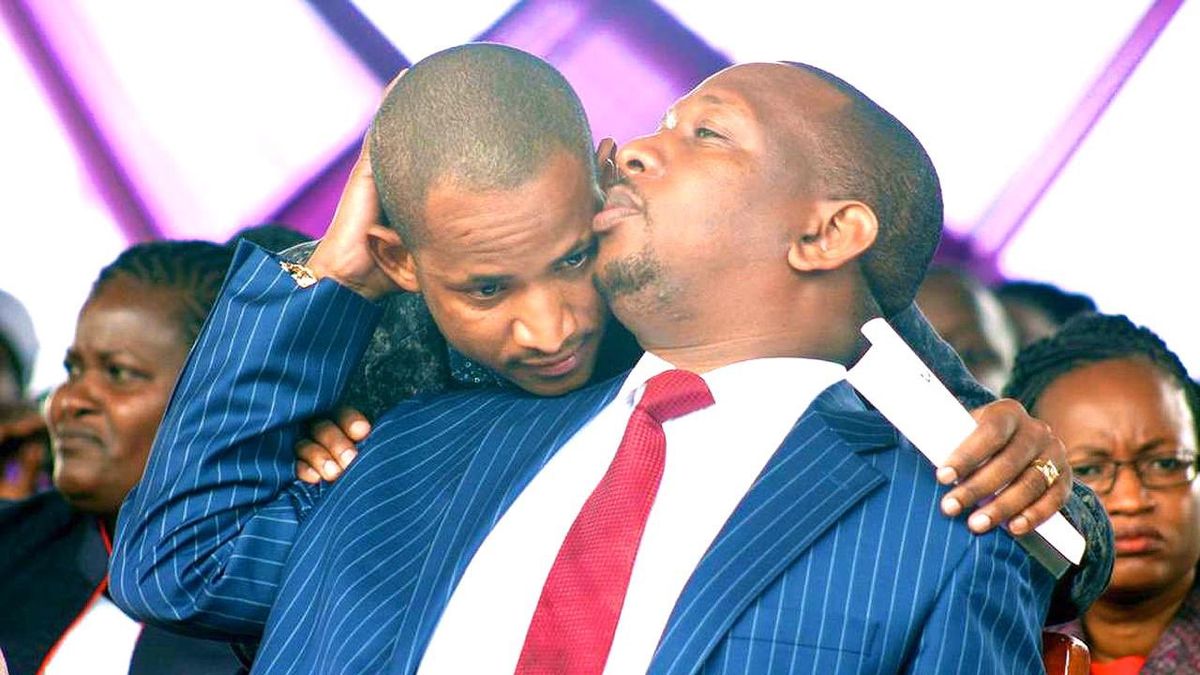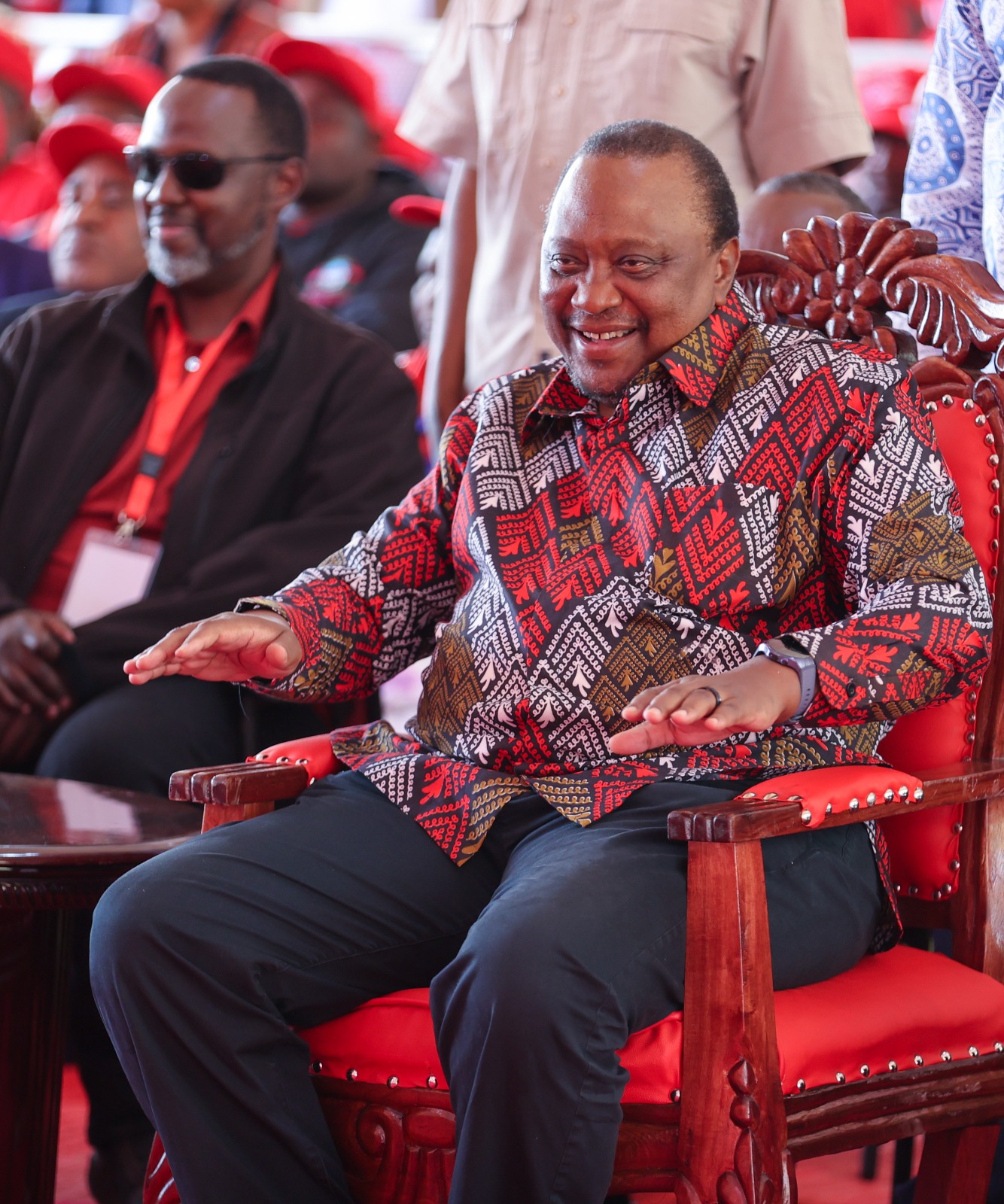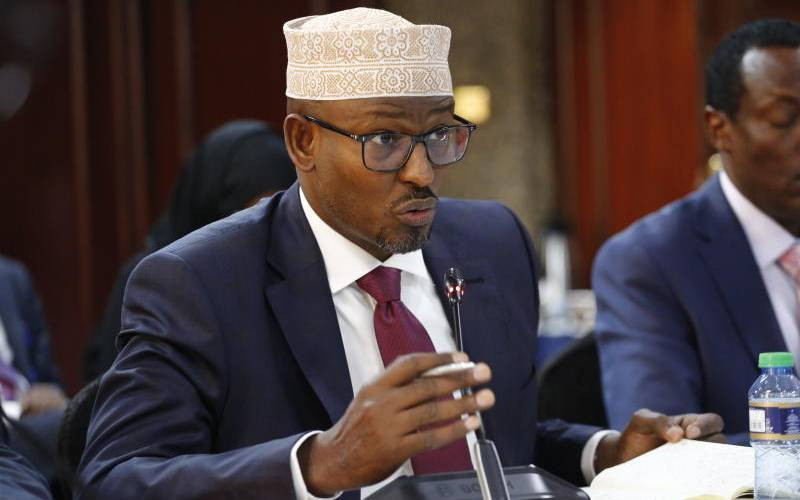Despite their potential, the Sonko-Babu alliance faces challenges. Legal hurdles, backlash from established political leaders, and resistance from entrenched political networks could undermine their ambitions. Additionally, their critics may attempt to paint them as populists without substantive policy proposals. However, their grassroots support and ability to connect with Nairobi’s diverse electorate remain key strengths
The recent meeting between former Nairobi Governor Mike Sonko and Embakasi East MP Babu Owino has generated ripples across Kenya’s political landscape, prompting speculation about its potential impact on the 2027 Nairobi gubernatorial elections. As political dynamics are rarely coincidental, this encounter likely signals a deliberate move with significant implications for the capital’s leadership and beyond.
Political analysts argue that the emergence of a Sonko-Babu alliance poses a direct challenge to both President William Ruto and ODM leader Raila Odinga. Both leaders, who have maintained a stronghold on Nairobi’s political scene through their proxies and coalitions, may need to recalibrate their strategies to counter the growing influence of this pairing. The duo’s ability to galvanize support among key voter demographics—youth and the Kamba community—positions them as formidable contenders.
Historically, Nairobi’s political contests have hinged on diverse ethnic coalitions and alliances, and this duo’s outreach cuts across party lines, ethnicities, and age groups, making them a unifying force for various disenfranchised voters.
Sonko remains a significant political figure despite his legal challenges. His pending case at the Arusha Court and the Supreme Court is pivotal; a favourable ruling would not only clear his name but also restore his eligibility for public office, positioning him as a frontrunner in Nairobi’s gubernatorial race. Even without direct candidacy, Sonko’s endorsement of Babu Owino could mobilize his extensive support base, particularly within the Kamba community and Nairobi’s informal settlements, where he has historically enjoyed grassroots support.
Babu Owino, known for his oratory skills and youth appeal, complements Sonko’s political charisma. Together, they represent a coalition that could significantly disrupt traditional political alignments in Nairobi. Analysts note that Babu’s alignment with Sonko would not only consolidate Kamba votes but also attract urban youth eager for dynamic leadership.
The Role of the Kamba Vote
The Kamba community has historically been a decisive voting bloc in Nairobi elections. In 2017, Sonko leveraged overwhelming support from the Kamba electorate to secure victory over Evans Kidero. In 2027, this community is likely to play a similar role, with Sonko’s endorsement of Babu potentially ensuring a solid Kamba turnout for their coalition.
For the Sonko-Babu alliance to solidify its position, strategic partnerships will be critical. Picking a running mate from the Mount Kenya region could attract Kikuyu voters, further broadening their appeal. Additionally, their shared history of having lent their support to former Deputy President Rigathi Gachagua during his impeachment process suggests potential collaboration with influential Mount Kenya politicians.
The impact of a Sonko-Babu coalition could extend beyond the gubernatorial race. Candidates aligned with their camp for other positions—including MCA, MP, Senator, and Women Representative—may also benefit from the momentum generated by their partnership. This ripple effect could disrupt existing political arrangements and realign power dynamics in Nairobi.
Challenges Ahead
Despite their potential, the Sonko-Babu alliance faces challenges. Legal hurdles, backlash from established political leaders, and resistance from entrenched political networks could undermine their ambitions. Additionally, their critics may attempt to paint them as populists without substantive policy proposals. However, their grassroots support and ability to connect with Nairobi’s diverse electorate remain key strengths.
Conclusion
The Sonko-Babu alliance, while in its early stages, signals a seismic shift in Nairobi’s political landscape. Its potential to disrupt traditional power structures, rally diverse voter bases, and shape the 2027 gubernatorial race cannot be understated. Whether they succeed in their ambitions will depend on their ability to navigate legal, political, and strategic challenges in the years ahead.





